During the summer months, it may seem unnecessary to have your water heater running all the time. But does this mean you should turn off the water heater during the summer months? Let's take look to see if this is a good way to save energy and money.
It's true that you won't be using as much hot water in the summer as you do in the winter. But this doesn't mean you should turn off your water heater. Instead, turn your water heater down when on vacation or when you know you won't be using it for extended periods of time.
Turning your water heater off completely can actually be detrimental to the appliance. In this article, we will discuss why you shouldn't completely turn your water heater off during the summer months. In addition, we will answer other frequently asked questions about water heaters, so read on!
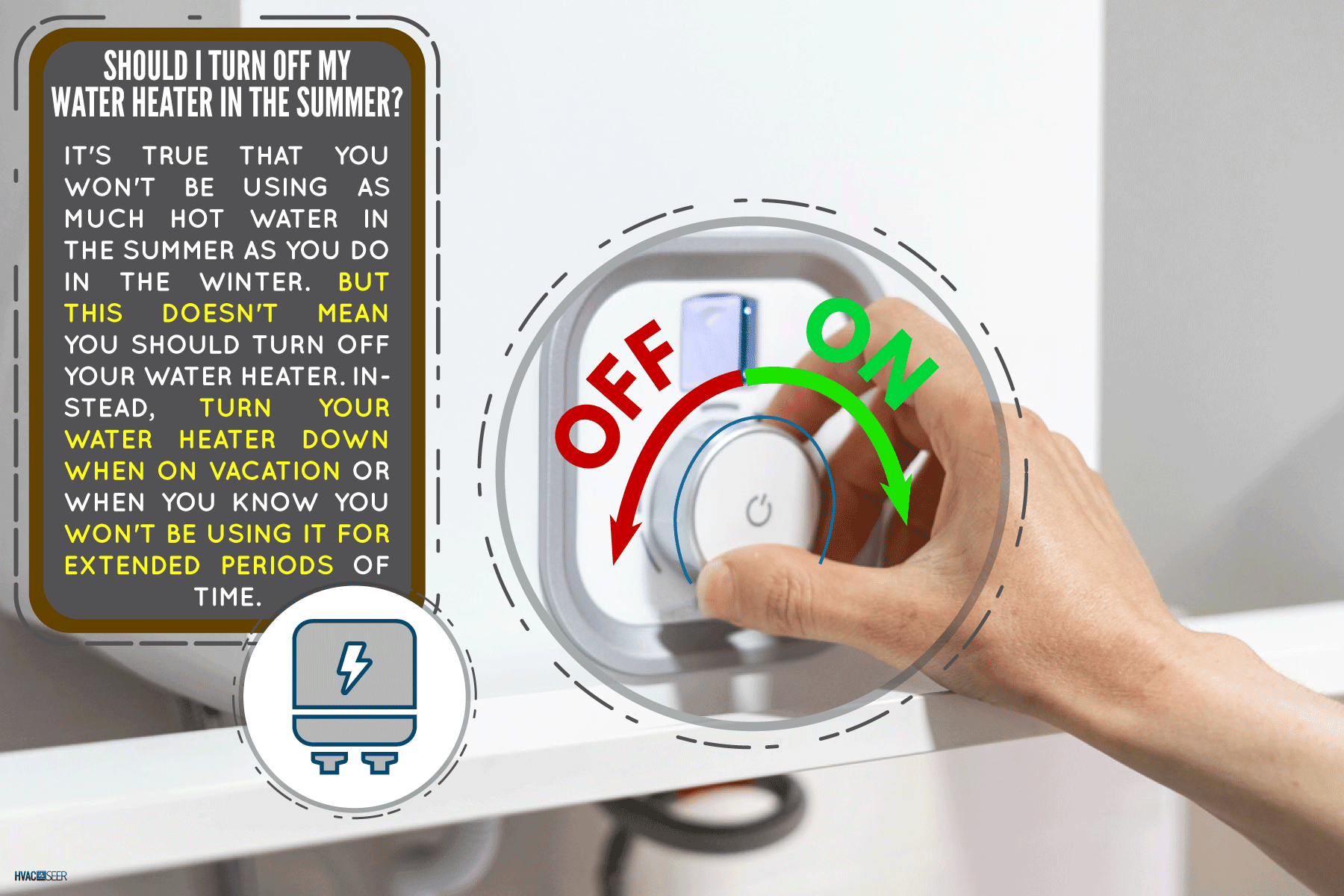
Can I Turn The Water Heater Off During The Summer?
During the summer months, well, it's hot already, so you probably won't need as much hot water. For example, families are vacationing more, so there are fewer people at home using hot water.
In addition, hot showers feel great when it's cold outside but not so much when the weather is already hot and humid. So, you will take fewer hot showers during the summer months.
You might be tempted to think that, since you are using less hot water, you can just turn off the water heater altogether.
Plus, it may seem like a great way to cut down on your energy bill. However, we do not recommend turning your water heater off during the summer months.
Instead, it's better to turn the temperature down on your water heater when you know you won't be using it for an extended period of time. In addition, your water heater has a vacation mode which can save you even more money.
If you aren't comfortable changing the temperature yourself, you can always call a professional to do it for you. So, why shouldn't you turn your water heater off during the summer? Read on to find out!
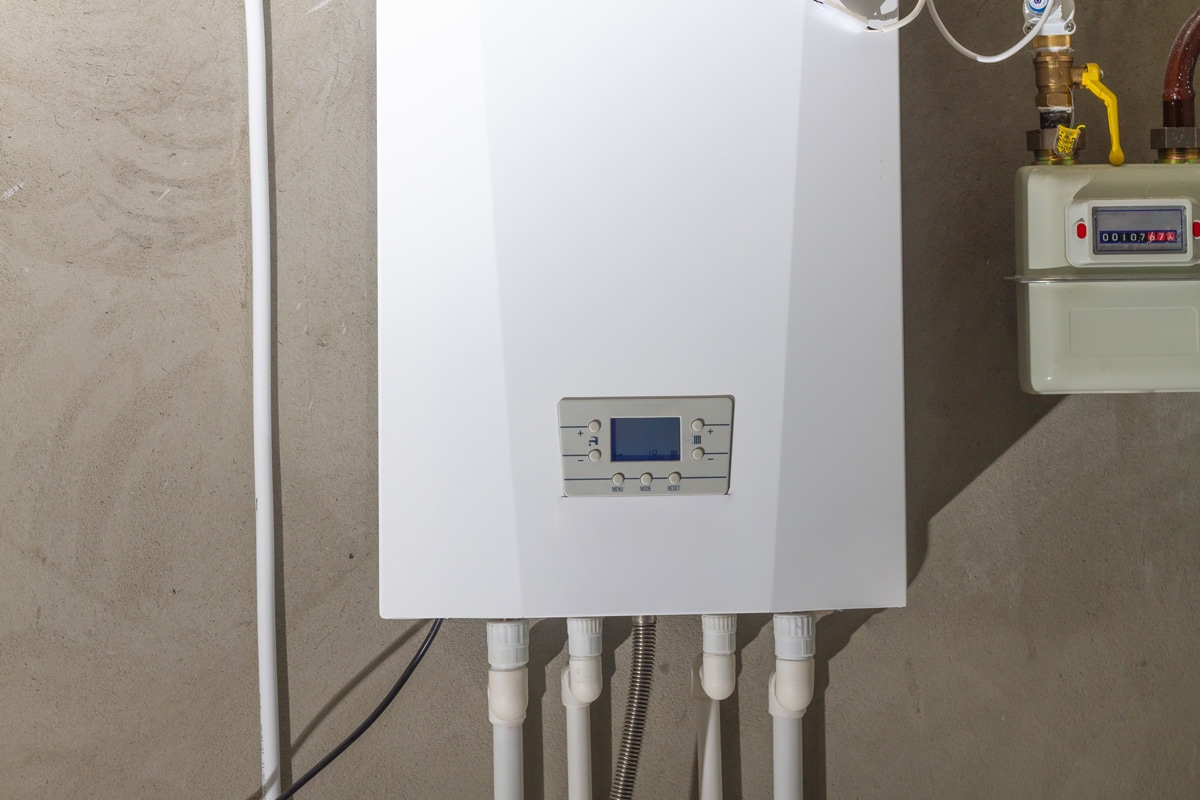
Hard Water Scale Buildup
Hard water contains a high concentration of minerals such as calcium and magnesium. When water evaporates, the minerals are left behind and can accumulate on the heating element of your water heater.
This buildup of minerals is called scale. Scale can insulate the heating element and make it more difficult for heat to transfer to the water. As a result, your water heater will have to work harder to heat the water, which can lead to premature wear and tear on the appliance.
In addition, scale buildup can reduce the efficiency of your water heater, so it's not a great way to save energy or money.
If you live in an area with hard water, it's especially important not to turn off your water heater during the summer months. This is because the buildup of scale will be more pronounced when the heating element isn't being used regularly.
Bacteria Growth
If your water heater tank is turned off, there is a chance that bacteria can start to grow. This is because the water in the tank will become stagnant and provide the perfect environment for bacteria to thrive.
The last thing you want is for bacteria to start growing in your water heater. This can lead to a number of health problems, so it's best to avoid it altogether.
Hard On The Appliance
When you turn your water heater off and turn it back on again, it puts a lot of stress on the appliance. This is because the heating element will have to heat up the entire tank of water from scratch.
Over time, this can lead to premature wear and tear on your water heater. In addition, it can shorten the lifespan of the appliance.
Also, older water heaters may not have the same capacity as they did when they were new. This means that it will take longer for the entire tank of water to heat up, which can be a real pain if you're in a hurry.
So, if you want to avoid putting unnecessary stress on your water heater, don't turn it off during the summer months.
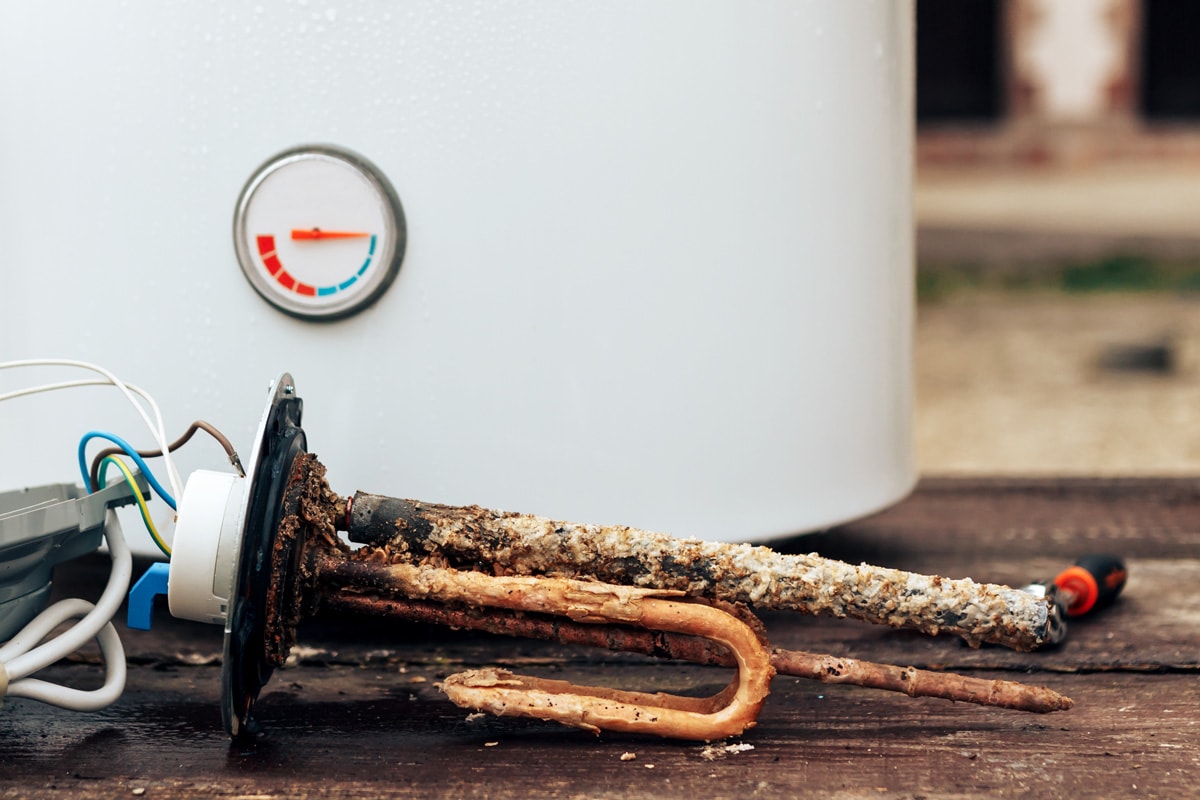
When Should You Turn Your Water Heater Off?
One of the main reasons you should turn your water heater off is when there is a leak. If you see your water heater leaking, it's best to turn it off right away to avoid any further damage.
In addition, turn off the main water supply to your home to prevent any more water from entering the tank. Once you've done this, call a plumber to come and fix the leak.
Other than that, you should turn your water heater down or put it in vacation mode when you know you won't be using it for an extended period of time.
For example, if you're going on vacation or away on business for a few weeks, there's no need to keep your water heater turned on. Just turn it down or put it in vacation mode until you get back.
This way, your water heater won't be working unnecessarily, and you can save money on your energy bill. Plus, you will have hot water when you return home.
What Is The Best Temperature Setting For A Water Heater?
Like your heating or cooling system, it's best to keep your water heater at a consistent temperature. This will help minimize wear and tear on the appliance and help it last longer.
In addition, it will help you save money on your energy bill. With that said, it's recommended to set your water heater to 120 degrees Fahrenheit.
This is hot enough to keep bacteria from growing and prevent scalding, but it's not so hot that it will waste energy.
If you are unsure what your water heater is set at, you can check the thermostat to find out. It's usually located near the bottom of the tank.
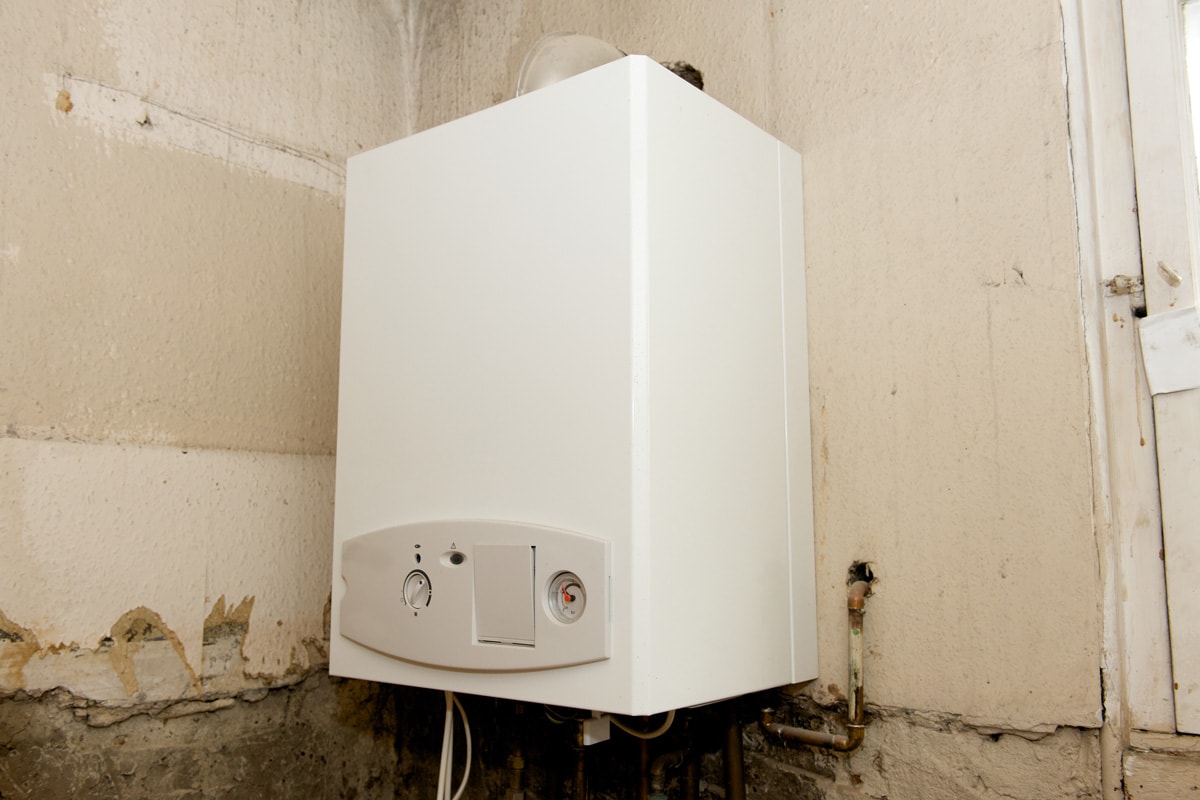
How Long Do Water Heaters Last?
There are a few factors that will affect how long your water heater will last. These include the quality of the appliance, how well it's maintained, and how often it's used.
In general, you can expect your water heater to last anywhere from 8-12 years. However, if you take good care of it and don't use it too often, it could last even longer.
On the other hand, if you don't maintain your water heater or use it too often, it will likely need to be replaced sooner. So, if you want your water heater to last as long as possible, be sure to take care of it.
Plus, you can upgrade to a more efficient model when it's time to replace your old one. This will help you save money on your energy bill and reduce your impact on the environment.
How Much Is A New Water Heater?
Like other home appliances, the cost of a new water heater will vary depending on the brand, size, and features. In general, you can expect to pay anywhere from $600-1,500 or more for a new water heater.
You also have to factor in the labor costs of installing the new water heater. This can range from $200-500 or more, depending on the complexity of the job.
So, if you're thinking about replacing your old water heater, be sure to factor in all of the costs before making a decision.
In addition, you may be able to get a rebate from your local utility company if you upgrade to a more efficient model. This can help offset the cost of the new appliance.
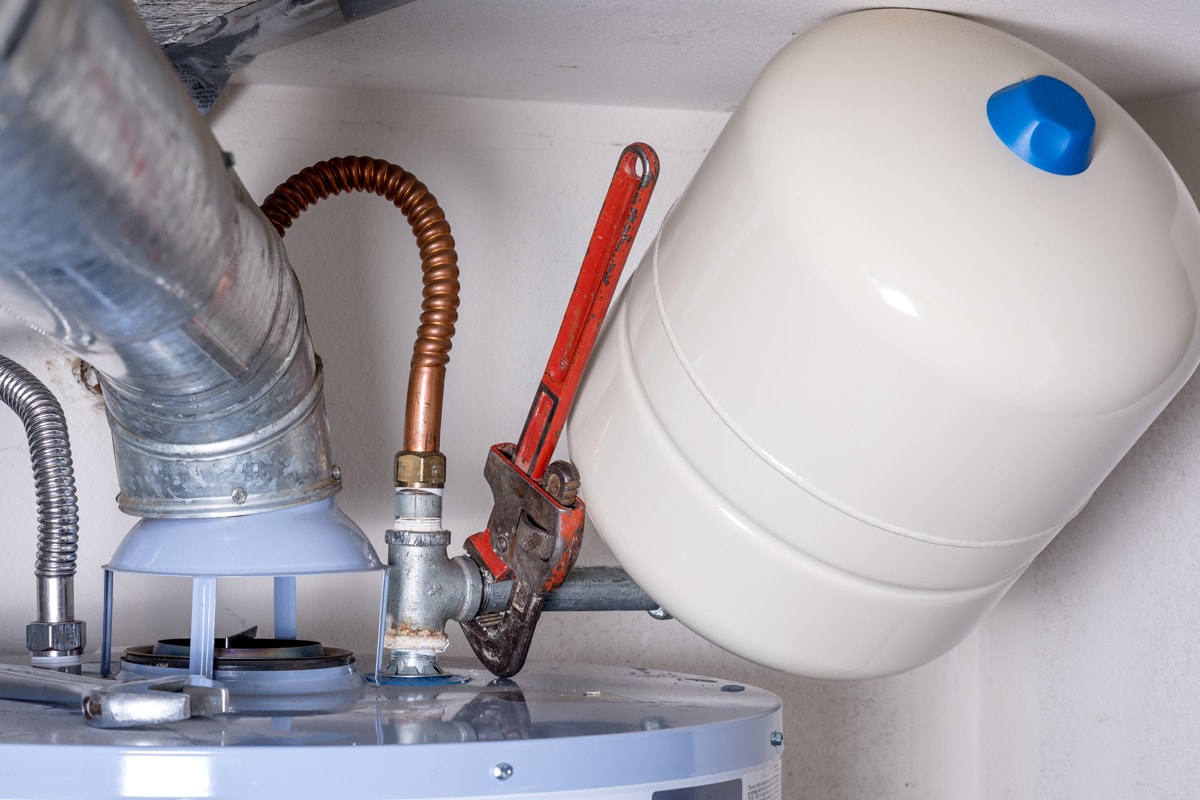
What Does ABC Mean On A Water Heater?
If you have a newer water heater, you may have noticed the ABC button on the thermostat. Instead of numbers, each letter represents a different temperature.
A is the lowest setting, usually around 120 degrees Fahrenheit. B is the middle setting, typically 130 degrees Fahrenheit. C is the highest setting, which is usually 140 degrees Fahrenheit.
This can vary depending on the model of your water heater. So, if you're not sure what the temperatures are for each letter, consult your owner's manual or the manufacturer's website.
In Closing
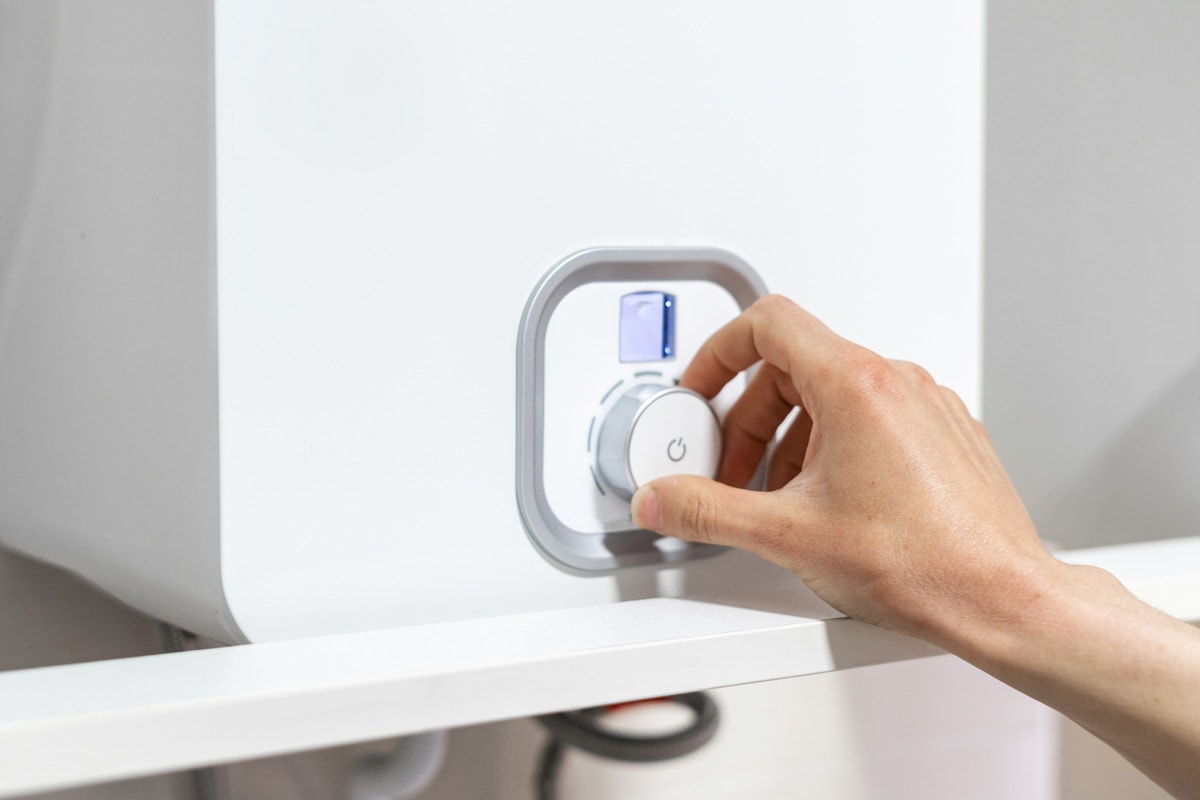
By following these tips, you can save money on your energy bill and extend the life of your water heater. Plus, you will have hot water when you need it.
If you have any questions about your water heater or need help troubleshooting a problem, be sure to contact a qualified technician. They can help you get the most out of your appliance and keep it running smoothly for years to come.
Made it to the end? Here are other articles you might find helpful:
What Causes Too Much Pressure In Hot Water Heater?
